
About pink eye
Pink eye or conjunctivitis is an inflammation or an infection of the conjunctiva, which is a transparent membrane covering the lining of the eyelids and a part of the eyeball too. It is called pink eye because the eyeball indeed becomes reddish or pinkish, because the inflammation makes tiny blood vessels in the conjunctiva more pronounced.
The potential causes of pink eye are bacterial or viral infections, as well as allergies. In babies, the cause can be an incomplete opening of a tear duct.
The symptoms of pink eye include redness, watery eyes, crust forming between the eyelids and on eyelashes in the morning, itching and sometimes pain. Even though it causes a lot of discomfort, pink eye normally does not affect the vision.
Pink eye can be contagious, especially among the children of kindergarten and school age, who often touch their eyes and then touch other objects that become contaminated.
In many cases, pink eye is viral and does not require specific treatment. It cal help, however, to apply warm compresses to the affected eye and to try over-the-counter eye drops. In case of bacterial infection, antibiotic ointments and eye drops are effective enough. Allergic conjunctivitis can be managed with artificial tears or eye drops that contain antihistamines.
Prevention of pink eye
The main route of bacterial or viral agents that cause pink eye is by touching the eyes with unclean hands. Logically, pink eye can be prevented by avoiding doing so. In fact, eyes should not be touched at all, but touching them with dirty hands can be particularly risky. It goes without saying that hands should be washed as often as possible, using warm or hot running water and soap. Ideally, the soap should be liquid and the hands should be dried with paper towels.
Personal items, like utensils, towels, washcloths and such, should not be shared with others. Used towels and washcloths should be replaced daily with fresh ones. Eye-care items and make-up, especially mascara, should not be shared either. In addition, it is recommended to throw away old mascaras.
Children who have pink eye should not go to school or kindergarten until the infection clears. This is one way to prevent spreading of the infection to other children.
It also helps to avoid anything that may be irritating for the eyes. This includes cigarette smoke, pollution, dust, dirt, scented room sprays, perfumes, spray deodorants and all sorts of fumes.


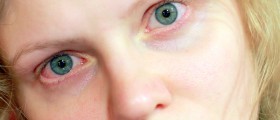


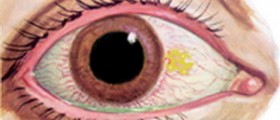
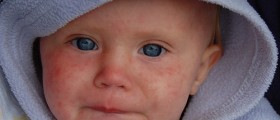

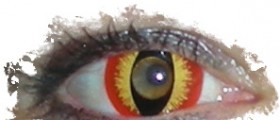
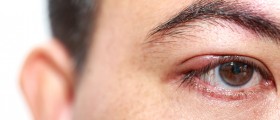


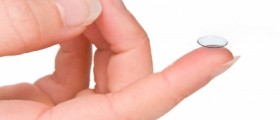

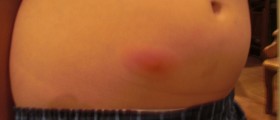


Your thoughts on this
Loading...